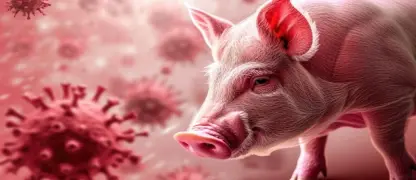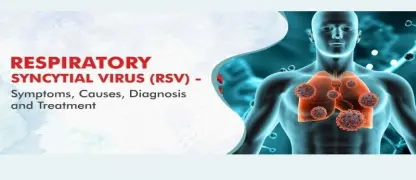Hendra virus infection is a rare but dangerous disease that can affect humans and animals. Understanding its symptoms, causes, and prevention is key to staying safe.
What are the main causes of Hendra Virus Infection?
- The primary cause of Hendra Virus Infection is contact with infected fruit bats, which act as natural reservoirs of the virus.
- Horses can become infected after exposure to bat saliva, urine, or feces, acting as an intermediary host to humans.
- Humans contract Hendra Virus Infection through direct contact with infected horses, especially during veterinary or farm care activities.
Key symptoms of Hendra Virus Infection to watch for
- Fever and headache often appear first, indicating the onset of the viral infection in humans.
- Respiratory symptoms such as cough, difficulty breathing, or pneumonia can develop rapidly in infected individuals.
- Neurological signs including confusion, drowsiness, or seizures may occur in severe cases of Hendra Virus Infection.

>>>Explore further: Nipah virus encephalitis causes symptoms and prevention
How can you prevent Hendra Virus Infection effectively?
- Avoid direct contact with fruit bats and their habitats, especially in areas where the virus has been reported.
- Implement strict hygiene measures when handling horses, including wearing gloves and protective clothing during care or treatment.
- Regularly monitor horses for signs of illness and promptly isolate and seek veterinary attention for any suspected cases.
>>>Explore further: Causes of Hand, Foot, Mouth Disease (with CNS complications)
Image description of Hendra Virus Infection
Hendra Virus Infection is a rare but severe zoonotic disease transmitted from fruit bats to horses and potentially to humans. It can cause respiratory and neurological symptoms and requires strict preventive measures.








>>>Explore further: Understanding progressive multifocal leukoencephalopathy
By learning about Hendra virus infection, you can take proactive steps to protect yourself and your loved ones. Awareness and prevention are the best defenses against this virus.




